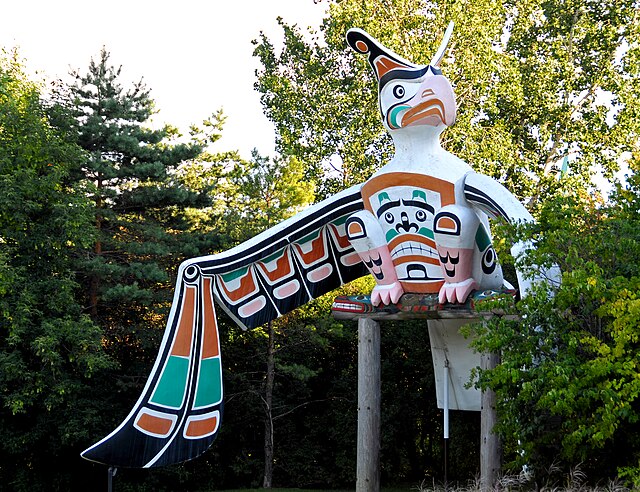Quebec appeals ruling that scuttles online mapping claims due to Indigenous rights


In many mining jurisdictions across Canada, exploration companies can go online to a government-maintained web portal and designate on a map the claims they wish to explore.
By clicking and paying a fee, the government typically accepts the map coordinates, and the explorer then has the right to probe the claim, subject to obtaining regulatory permitting.
But in a landmark judgment that threatens to turn that system on its head, the Superior Court of Quebec ruled in October that accepting a map designation notice regarding a new claim under the Mining Act may adversely affect a First Nation’s claimed aboriginal title or rights. The court decision could also affect mining claims already granted on the First Nations’ territory.
The Court ruled that accepting such claims triggered the duty to consult and prior consultation was necessary. It was based on evidence that collecting mineral samples could have negative consequences on the First Nation, affect non-renewable resources and Indigenous rights, and its carrying out of cultural and spiritual practices.
The Superior Court judgment in Mitchikanibikok Inik First Nation vs. Procureur general du Quebec, applies only to the Mitchikanibikok Inik (Algonquins of Barriere Lake)—which launched the lawsuit—but it could have wide-ranging implications for exploration companies in the future.
The decision is part of a recent trend in Canadian courts recognizing that the duty to consult is triggered at the claim registration stage. But this week the Quebec government challenged the court’s interpretation.
On Nov. 21, the Attorney General of Quebec appealed the Superior Court’s decision arguing that the acceptance of a map designation notice regarding a new claim does not have sufficient potential adverse effects to trigger the duty to consult. It also argues that the ruling should not be applied retroactively to historic claims which have been acquired or registered and where exploration work has already taken place.
Exploration companies are concerned.
“First they are worried that increased consultation will result in significant delays that will affect the feasibility and profitability of a mining project,” explains Emilie Bundock, a partner at law firm Fasken Martineau DuMoulin in Montreal. “Having to spend additional resources is a concern too and they are also worried it brings legal uncertainty to those rights to explore that have already been granted. What will happen if we have to apply the ruling retroactively?”
Alain Poirier, executive director of the Quebec Mineral Exploration Association, could not be reached for comment before presstime.
The Mining Association of Quebec declined to comment on the case.
Bundock estimates it could take several months until the Attorney General of Quebec’s appeal is heard.
The Superior Court of Quebec’s ruling in the Mitchikanibikok Inik case is similar to a 2023 ruling involving a First Nation in British Columbia.
In Gitxaala v. British Columbia, the B.C. Supreme Court ruled in that the provincial government owes a duty to consult Indigenous Peoples with rights and title and that the practice of granting mineral claims without consultation is contrary to this duty.
The court granted the province 18 months to consult with Indigenous Peoples and the minerals industry to modernize the mineral tenure system in a way that accounts for the Crown’s duty to consult.
In the BC case, however, the court’s decision does not impact existing mineral claims.
Fasken’s Bundock says so far, the B.C. government has yet to modernize the current system for granting exploration claims in the province and only has a few months now to meet the court’s proposal.
Comments